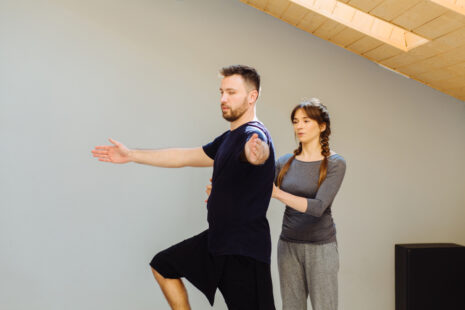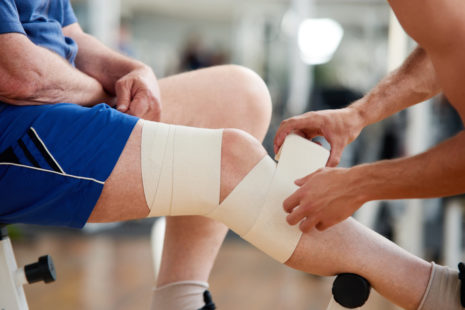Yes, physical therapy (PT) can be beneficial for individuals with hip arthritis. PT plays a crucial role in managing hip arthritis by focusing on reducing pain, improving joint function, increasing mobility, and enhancing overall quality of life.
Here are some ways in which PT can help with hip arthritis…
- Pain Management – PT can include various modalities and techniques to help reduce pain, such as heat or cold therapy, electrical stimulation, and manual techniques.
- Strengthening Muscles – Strengthening the muscles around the hip joint can provide better support to the arthritic joint, alleviate stress on the joint, and improve stability.
- Range of Motion Exercises – PT can include exercises to improve the hip joint’s range of motion, helping to maintain or regain flexibility and prevent further stiffness.
- Gait Training – PT can focus on correcting gait abnormalities caused by hip arthritis, which can help in improving walking mechanics and reducing strain on the joint.
- Joint Mobilization – Manual techniques performed by a physical therapist can help improve joint mobility and reduce joint stiffness.
- Balance and Proprioception – PT can include exercises to improve balance and proprioception (awareness of body position) to reduce the risk of falls and injuries.
- Assistive Devices – If necessary, a physical therapist can recommend and help you learn how to use assistive devices like canes or walkers to offload pressure from the hip joint during walking.
- Education and Self-Management – PT includes educating patients about hip arthritis, providing strategies for pain management and teaching exercises to be performed at home.
- Functional Training – PT can focus on exercises and activities that are specific to the individual’s daily life and recreational activities, helping them stay active and engaged despite arthritis.
The goal of physical therapy in hip arthritis is to improve the overall function and quality of life for the patient. It may not reverse the underlying arthritis, but it can significantly alleviate symptoms and slow the progression of the condition. The specific PT program will be tailored to the individual’s needs, taking into account the severity of arthritis, age, activity level, and overall health.
If you have hip arthritis or suspect you may have it, consider consulting a healthcare professional or a physical therapist. They can evaluate your condition, create a personalized treatment plan, and guide you through appropriate exercises and interventions to manage hip arthritis effectively.




